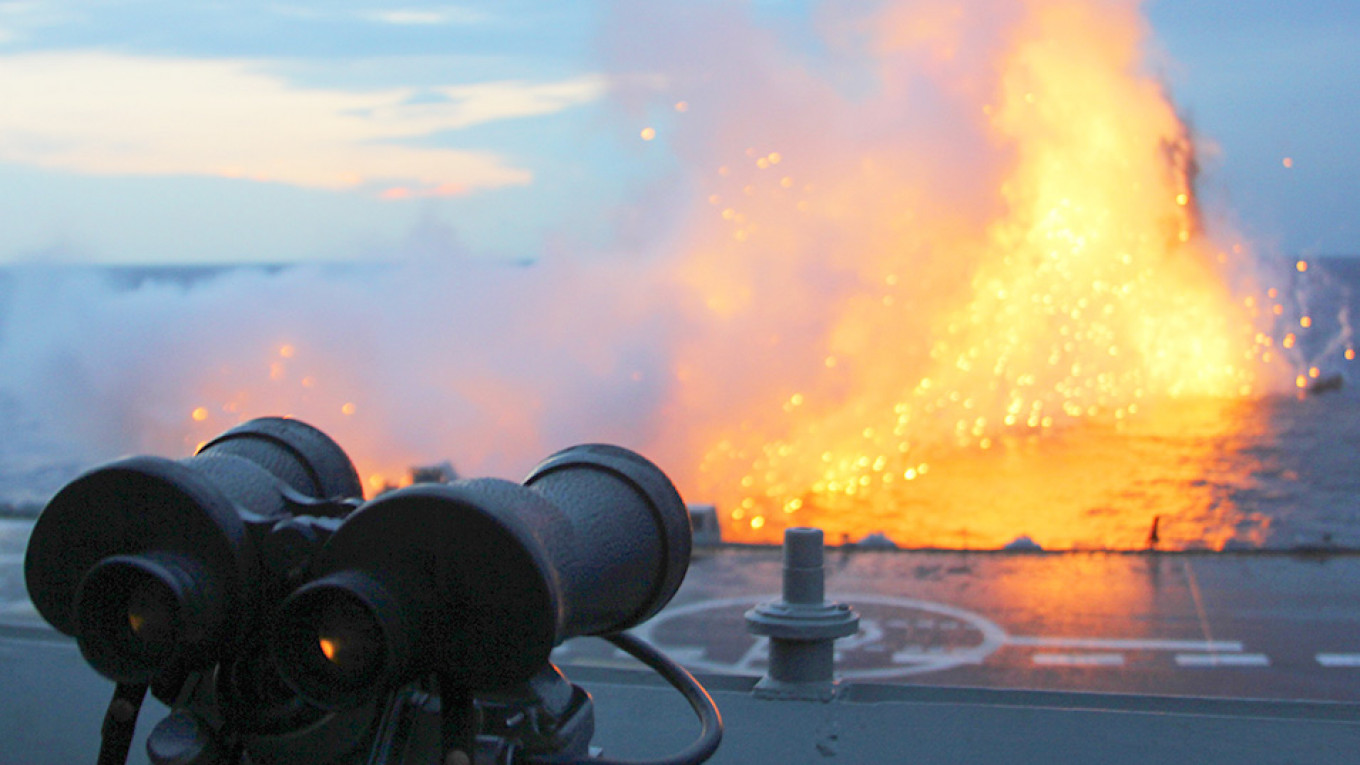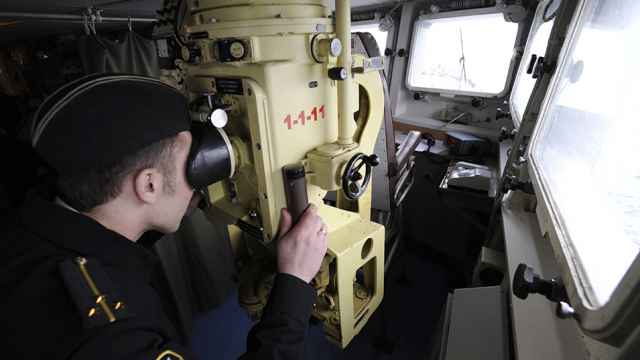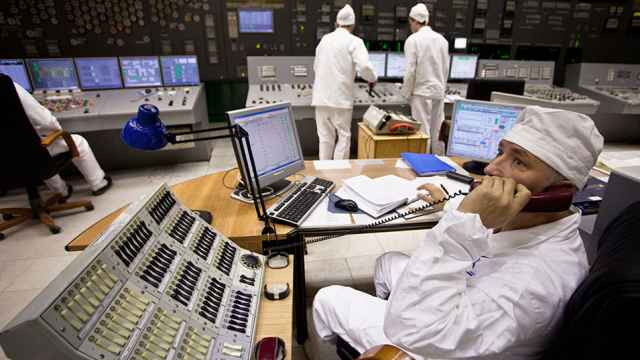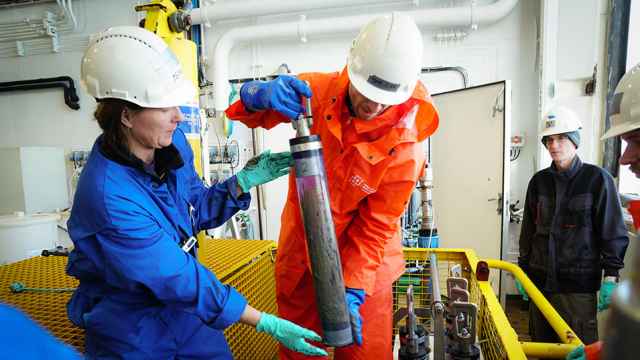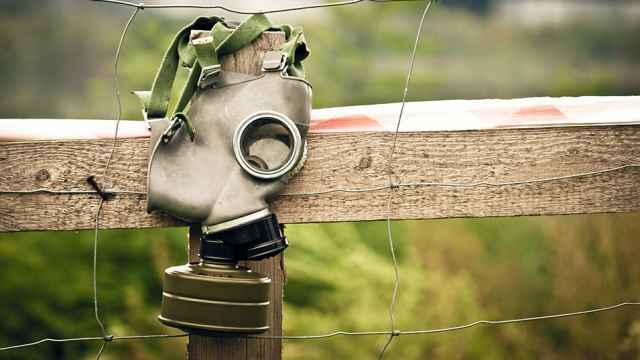An explosion that killed five Russian scientists during a rocket engine test this month was followed by a second blast two hours later, the likely source of a spike in radiation, Norway's nuclear test-ban monitor said on Friday.
The second explosion was likely from an airborne rocket powered by radioactive fuel, the Norsar agency said — though the governor of Russia's Arkhangelsk region, where the blast took place, dismissed reports of another blast.
"The aftermath of the incident does not carry any threat," the governor, Igor Orlov, told Interfax. "Everything else is yet another round of disinformation."
Russia's Defense Ministry did not immediately respond to a request for comment when contacted on Friday.
There has been contradictory information about the Aug. 8 accident near the White Sea in far northern Russia and its consequences.
The Defense Ministry initially said background radiation remained normal, while the state weather agency said radiation levels had risen.
Russia's state nuclear agency, Rosatom, said on Aug. 10 the accident involved "isotope power sources" but did not give further details.
Rosatom has acknowledged that five of its workers were killed. Two military personnel were also reported to have been killed.
Norway's DSA nuclear safety authority said on Aug. 15 it had found tiny amounts of radioactive iodine near Norway's Arctic border with Russia, although it could not say whether it was linked to the Russian accident.
Norsar's detection of a second blast was first reported by Norwegian newspaper Aftenposten on Friday.
"We registered two explosions, of which the last one coincided in time with the reported increase in radiation," Norsar Chief Executive Anne Stroemmen Lycke said. She added that this likely came from the rocket's fuel.
The second explosion was detected only by infrasonic air pressure sensors and not by the seismic monitors that pick up movements in the ground, she added.
A Message from The Moscow Times:
Dear readers,
We are facing unprecedented challenges. Russia's Prosecutor General's Office has designated The Moscow Times as an "undesirable" organization, criminalizing our work and putting our staff at risk of prosecution. This follows our earlier unjust labeling as a "foreign agent."
These actions are direct attempts to silence independent journalism in Russia. The authorities claim our work "discredits the decisions of the Russian leadership." We see things differently: we strive to provide accurate, unbiased reporting on Russia.
We, the journalists of The Moscow Times, refuse to be silenced. But to continue our work, we need your help.
Your support, no matter how small, makes a world of difference. If you can, please support us monthly starting from just $2. It's quick to set up, and every contribution makes a significant impact.
By supporting The Moscow Times, you're defending open, independent journalism in the face of repression. Thank you for standing with us.
Remind me later.



